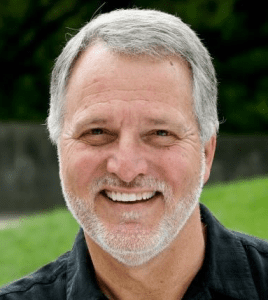From First Things, an interview with W. Bradford Wilcox:
What can churches do to bridge the growing class divide in American family life?
My argument to the bishops was three-fold. I suggested that
1) Churches need to be a voice for economic justice for lower-income families by, for instance, advocating for more generous child and earned-income tax credits, as well as for the elimination of the marriage penalties embedded in many of our public policies directed towards lower-income families. Policy moves like these would strengthen the fragile financial foundations of many poor and working-class families.
2) Pastors, lay leaders, and educators need to speak more clearly about marriage, both from the pulpit and in other teaching venues in the their churches. Believers need to learn about the ways in which marriage advances the emotional, social, and economic welfare of children. Of course, these catechetical efforts should be sensitive to the demographic and personal realities in the pews. Priests, pastors, and lay leaders also need to do a better job of standing in solidarity with couples in crisis, both by explicitly acknowledging they can be found in any local church and by connecting them to professionals and seasoned lay couples who can help them.
3) Finally, especially given the precarious position of many working-class and poor men, vis-à-vis religion, work, and marriage, churches need to strengthen their ministries devoted to the unemployed and underemployed, as well as to men. Recent decades have seen the emergence of impressive ministries targeting the college-educated—from FOCUS to InterVarsity. Now, churches need similarly inspired ministries for the majority of young adults who will not receive a bachelor’s degree.
These are the kinds of steps churches need to take to ensure that the United States does not devolve into a separate-and-unequal family regime, where upscale Americans enjoy strong and stable households and everyone else is consigned to increasingly unstable, unhappy, and unworkable ones. To put it differently, bridging the marriage divide in America is of paramount import for all of us who are committed to pursuing social justice.
W. Bradford Wilcox, a sociologist at the University of Virginia, directs the Home Economics Project at the American Enterprise Institute and the Institute for Family Studies. Follow: @WilcoxNMP.
Become a fan of First Things on Facebook, subscribe to First Things via RSS, and follow First Things on Twitter.











